Europe's first dynamic canal system in Glasgow is to be connected to the inaugural Sighthill housing development in North Glasgow at Scottish Canals' COP26 event – 'Re-Imagining 18th Century Infrastructure To Address Flood Risk, Stimulate Investment & Tackle Health Inequalities' event in Scotland's Climate Ambition Zone.
The event explores how the transformation of Scotland's canals via projects such as the Glasgow Smart Canal, not only reduces carbon and mitigate flood risk, but tackles health inequalities and improve people's lives.
Sighthill will be the first of five housing sites to be connected to the Glasgow Smart Canal, a new flood mitigation system that will accept surface water run-off, cutting 35,000 tonnes of carbon and unlocking 110 hectares of land for 3,000 new houses to be built in North Glasgow. The £17m project, has been delivered by the Glasgow City Council alongside Scottish Water and Scottish Canals through the Glasgow City Deal backed Metropolitan Glasgow Strategic Drainage Partnership (MGSDP).
Mr Harvie will make the connection in front of a 100 strong audience of industry leaders as well as those streaming in from around the globe as part of Scottish Canals' panel discussion. He will be joined by facilitator Ross Martin, advisor on regional economies, and fellow speakers Catherine Topley, CEO of Scottish Canals, Karen Dee, Scottish Water's Wastewater Service Strategy General Manager, Glasgow City Council Leader Susan Aitken, Sebastien Chastin, Professor of Health Behaviour Dynamics at Glasgow Caledonian University, and Vanessa Gilpin, Founder of social enterprise Gathering Ground.
Patrick Harvie MSP, Minister for Zero Carbon Buildings, Active Travel and Tenants' Rights, said: "I'm delighted to join Scottish Canals during COP26 to connect the Glasgow Smart Canal to the Sighthill housing development. I hope other countries with similar historic assets can learn from the impressive approach taken here in Glasgow to mitigate against the damaging impacts of climate change.
"The Smart Canal is helping to manage flood risk, allowing areas of the city to be regenerated whilst also providing safe active travel routes for people to walk, wheel and cycle.
"It has been a decade of hard work to get to this point and I want to thank Scottish Canals, Scottish Water and Glasgow City Council, for coming together to deliver real change in new and innovative ways."
The connection to 800 new homes in Sighthill has been made possible by an innovative new eco drainage system, The North Glasgow Integrated Water Management System, a partnership between Scottish Canals, Glasgow City Council and Scottish Water. This new infrastructure forms part of the £250million Sighthill Transformational Regeneration Area (TRA) - the largest project of its kind in the UK outside of London.
Catherine Topley, Chief Executive Officer at Scottish Canals, said: "Today's success is the culmination of 10 years hard work and it would not have been possible without the vision, creativity and bold thinking of all the partners involved.
"By re-imagining Scotland's canals for the modern day we have transformed them into vibrant ribbons of opportunity which not only deliver public value in incredible ways but help provide solutions to some of our biggest challenges, from tackling health inequalities to mitigating against climate change.
"The Glasgow Smart Canal shows how working heritage assets can be repurposed, using modern technology, to not only provide safe car-free travel routes, blue and green space for leisure and recreation and community-designed, sustainable places for local people to live, work and enjoy, but reduce flood risk and cut carbon. If we can do this in Scotland, it's possible elsewhere."
The £17m Glasgow Smart Canal uses predicative weather technology and sensors prior to lower the water level on the Forth & Clyde Canal by as much as 10cm before a period of bad weather, creating 50,000 cubic metres, the equivalent to 22 Olympic swimming pools, of capacity for surface water run-off from residential and business areas to flow into the canal through urban drainage.
Karen Dee, Scottish Water's Wastewater Service Strategy General Manager, said: "The Smart Canal is a great example of collaboration and partnership working to deliver innovative and sustainable solutions to issues such as flooding. The impact of climate change has never been greater, and we must transform how we think to deliver the solutions for the future. Scottish Water is proud to be part of the Metropolitan Glasgow Strategic Drainage Partnership (MGSDP) and the work that's being delivered together
"The collaborative working with the Smart Canal brings together two sets of assets built by previous generations: the canals, and the underground sewers, which together help us adapt to the effects of climate change. By diverting surface water into the canal and away from the sewers we reduce the flood risk and pollution and keep these assets working to serve our communities for generations to come. This approach allows our urban areas to adapt to the changing climate and improve the places we live and work in. We are working actively across the country with local authorities to deliver this in all areas.
The Glasgow Smart Canal is part of a 20-year programme of community-driven transformation that has taken place across Scotland's canals, attracting £1.53bn of investment since 2002, creating 8400 jobs, and 9000 houses.
Councillor Susan Aitken, Leader of Glasgow City Council and Chair of the Glasgow City Region City Deal Cabinet, said: "Glasgow's Smart Canal uses cutting-edge technology to effectively manage surface water which enables the building of new homes and businesses on land that historically has been unfit for development. It is very exciting to see such smart technology in operation in Glasgow - one of very few examples in the world - and I am delighted that this ground-breaking project which will play a key role in the continued regeneration of Glasgow's Canal and the north of the city has been recognised by peers and industry experts for its innovation and excellence."
A recent health study carried out by panellist Professor Sebastien Chastin of Glasgow Caledonian University in North Glasgow – one of Europe's most deprived areas - showed that canalside regeneration resulted in a faster rate of decline (3% annually) in mortality rates among those individuals living within 500m of the canal.
Professor Sebastien Chastin of Glasgow Caledonian University said: "Climate action is an opportunity to improve the lives and the environment as they have co-benefits for health, water and pollution that equal or outweighs the investment required to achieve them. What has happened in North Glasgow by working in an integrated way delivers real change and is a far more effective way of working."
Panellist Vanessa Gilpin, founder of Gathering Ground a non-profit community food space, highlighted new opportunities for people to live and work along canal corridors thanks to the regeneration of the area. Since reopening the canal network 20 years ago over £1.5bn of public and private investment has flowed into the canals.
This investment has seen some of the nation's most iconic structures appear including the world's only rotating boatlift, The Falkirk Wheel, and the largest equine structures on the plant, The Kelpies.
Construction News
11/11/2021
Smart Canal To Be Connected To Sighthill Housing Development

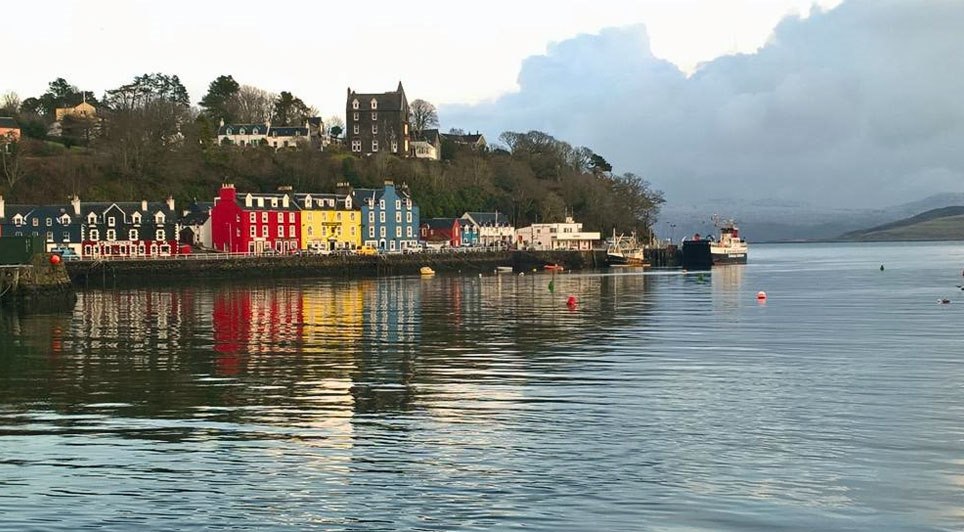
30/04/2025
Plans for a £43 million education campus on the Isle of Mull have moved forward, Argyll and Bute Council has confirmed.
Following a decision earlier this month on the preferred location, the council will now progress with developing a detailed brief and concept design to inform the overall busines
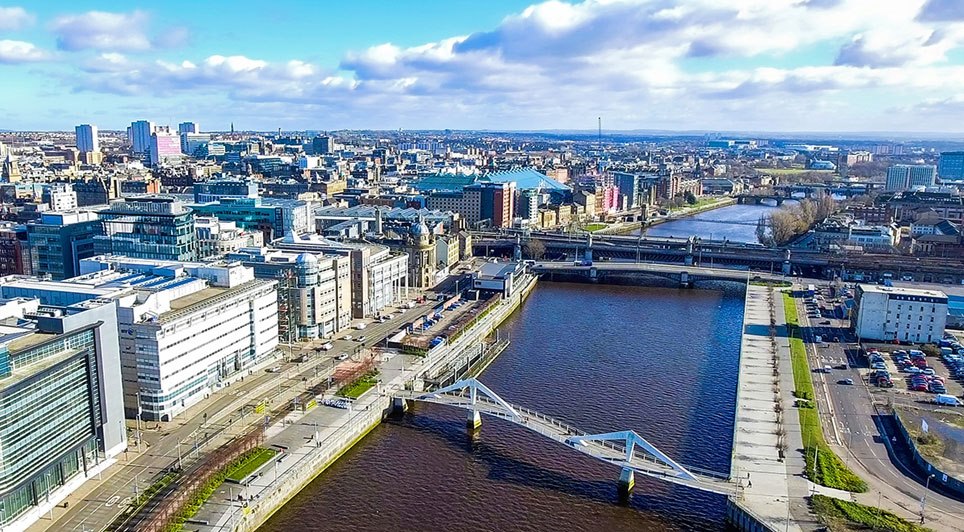
30/04/2025
Global engineering and development consultancy Mott MacDonald has been appointed by Strathclyde Partnership for Transport (SPT), in collaboration with Glasgow City Council on behalf of the Glasgow City Region, to progress two key elements of the Case for Investment for the ambitious Clyde Metro proj
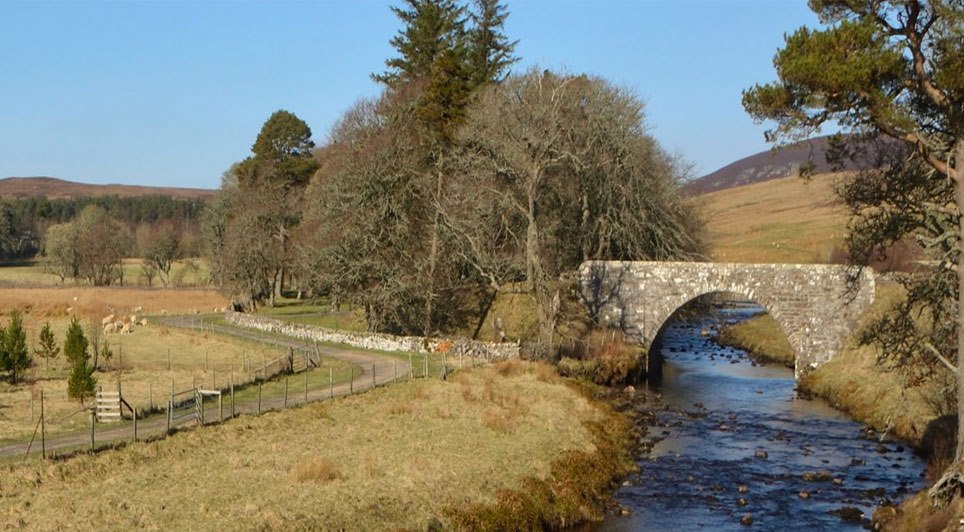
30/04/2025
Members of the Caithness Committee have unanimously agreed to adopt the Caithness Area Place Plan (APP).
The committee also committed to fully supporting and promoting the plan, ensuring it is considered within other relevant plans, strategies, developments, and funding opportunities impacting the
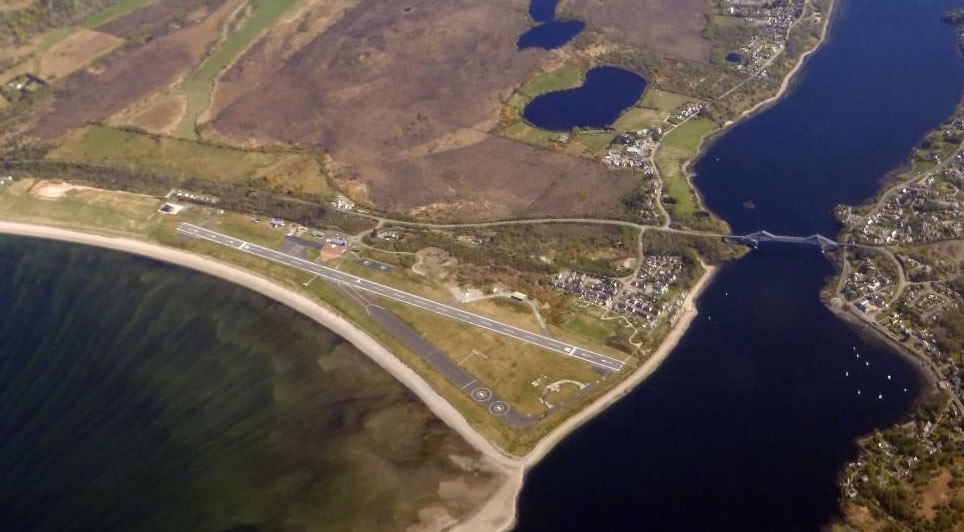
30/04/2025
Plans for a new business park at Oban Airport have advanced significantly with the announcement that Argyll and Bute Council has appointed hub North Scotland to oversee the project and Robertson Construction as the main contractor.
The Oban Airport project is a key component of the council's Tax In

30/04/2025
Contractors engaged in public sector projects across the UK will soon be subject to random and targeted spot checks on their payment practices.
This move by the UK government is designed to tackle the persistent issue of late payments throughout the construction supply chain.
According to advice

30/04/2025
Ten new affordable flats for social rent have been completed by The Highland Council in Carrbridge, addressing a significant demand for smaller properties in the area.
The development, named Struan Court after the former Struan Hotel which previously occupied the site, offers eight one-bedroom and

30/04/2025
The City of Edinburgh Council has held collaborative summit with key partner organisations to explore avenues for expanding the availability of accessible housing across the capital.
The Accessible Housing Summit, hosted by the council, brought together representatives from the third sector, housin
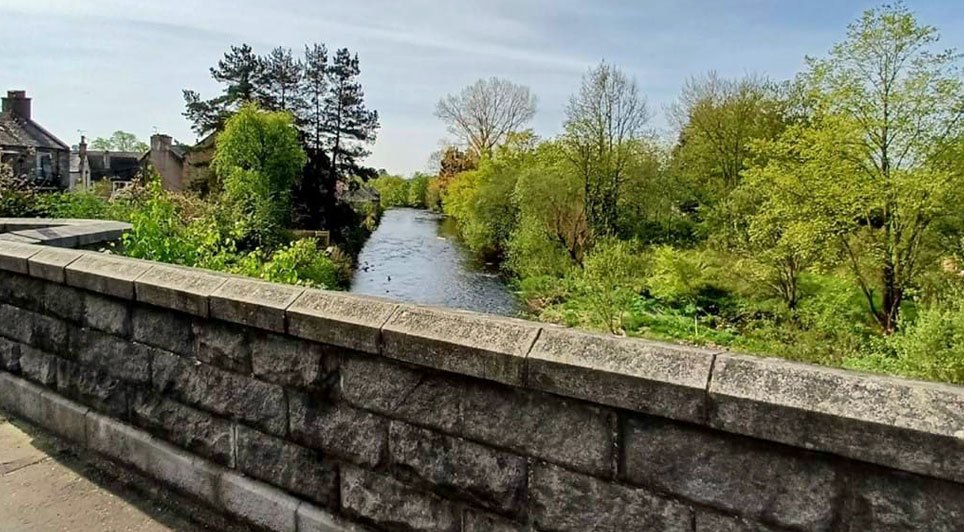
30/04/2025
A significant step forward has been taken in the development of a new £16 million flood prevention scheme designed to safeguard Bridge of Allan. Stirling Council has approved the procurement of a contract to design and construct the essential flood defences.
The planned infrastructure will offer pr
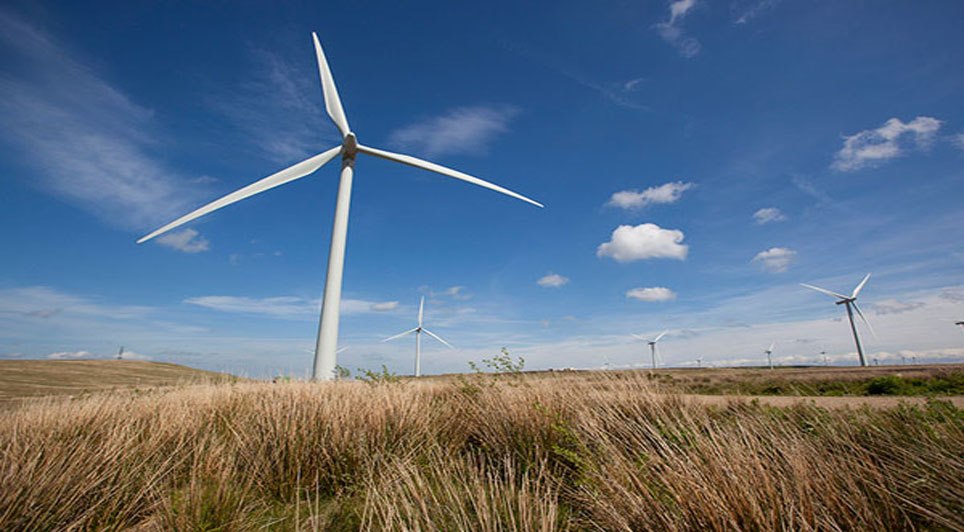
30/04/2025
A significant 64% of companies within Scotland's renewable energy supply chain are actively investing in skills, capabilities, and facilities to capitalise on the nation's burgeoning clean energy market over the next three to five years, a survey by Scottish Renewables has revealed.
The findings we
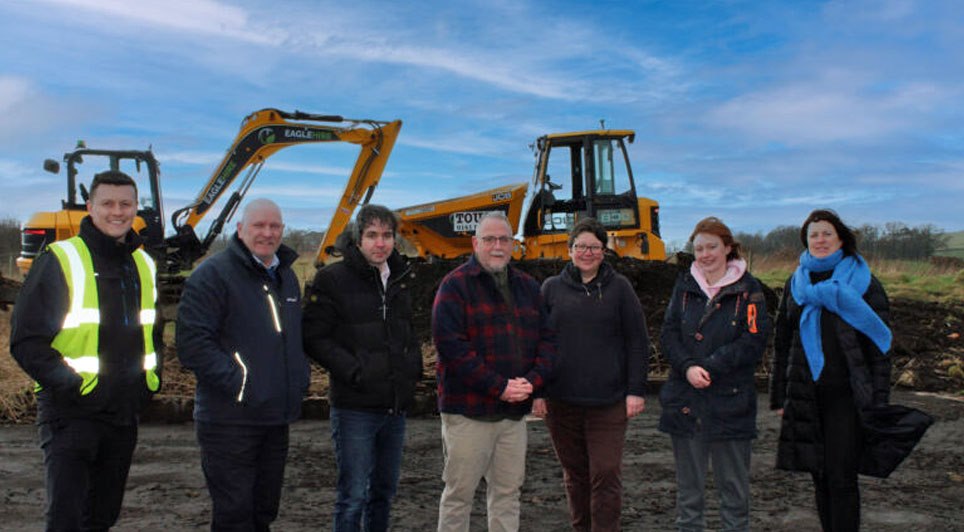
30/04/2025
A collaborative effort between McTaggart Construction and West Dunbartonshire Council is set to bring new affordable housing and a range of community benefits to the Willox Park area. The partnership will deliver a 17-unit, client design led, affordable housing development, procured through Scotland
 Scotland
Scotland UK
UK Ireland
Ireland London
London











